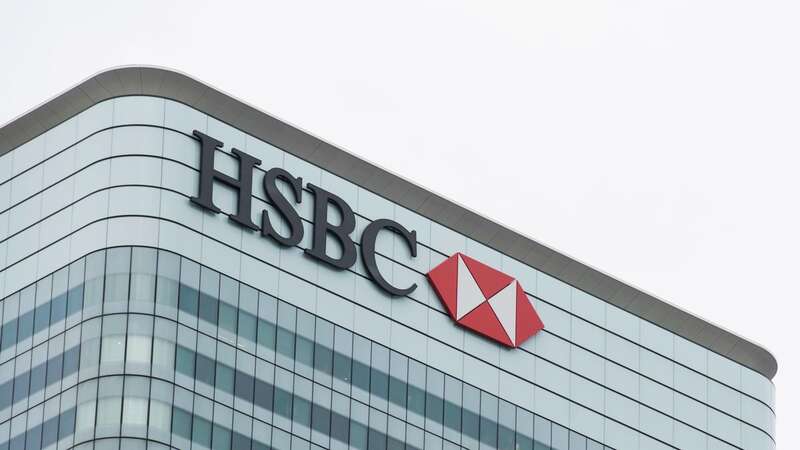
HSBC's Swiss private bank has been accused of failing to conduct proper checks on $300million (£236million) worth of funds transferred between Lebanon and Switzerland over a 13-year period, according to a banking regulator.
The Swiss Financial Market Supervisory Authority (FINMA) has claimed that the global banking giant "seriously violated" money laundering rules in its dealings with two politically exposed customers. In response, FINMA has barred the division from taking on any high-risk customers until it carries out a comprehensive review.
According to the regulator, HSBC did not sufficiently check the origins, purpose or background of assets associated with two high-risk business relationships. Furthermore, the bank allegedly failed to adequately check and document $300million (£236million) worth of high-risk transactions carried out between 2002 and 2015.
These funds, which originated from a government institution, were sent from Lebanon to Switzerland and then back to other accounts in Lebanon. The watchdog refrained from naming the individuals implicated in the suspected money laundering.
FINMA criticised HSBC's handling of the activity, stating it made it "impossible to establish the legitimate nature" of the transactions and "failed to recognise the indications of money laundering" they presented. This all occurred through HSBC's Swiss private bank, which caters to higher-net worth customers.
 Britain faces the worst recession among G7 partners, economists predict
Britain faces the worst recession among G7 partners, economists predict
Politically exposed persons, or PEPs, are individuals who hold public office, or their families, and are subject to extra due diligence by financial firms. FINMA has laid down the law, stating that the Swiss private bank is barred from initiating any new business ties with politically exposed persons (PEPs) until it has thoroughly reviewed all its existing high-risk and PEP clients.
HSBC responded to the clampdown, saying the issues brought up by FINMA were "historic" and emphasised: "HSBC takes its anti-money laundering obligations very seriously including complying with all laws and regulations in every market we operate in."
The bank said it was planning to appeal the decision and so would not be commenting further.
Read more similar news:
Comments:
comments powered by Disqus
































